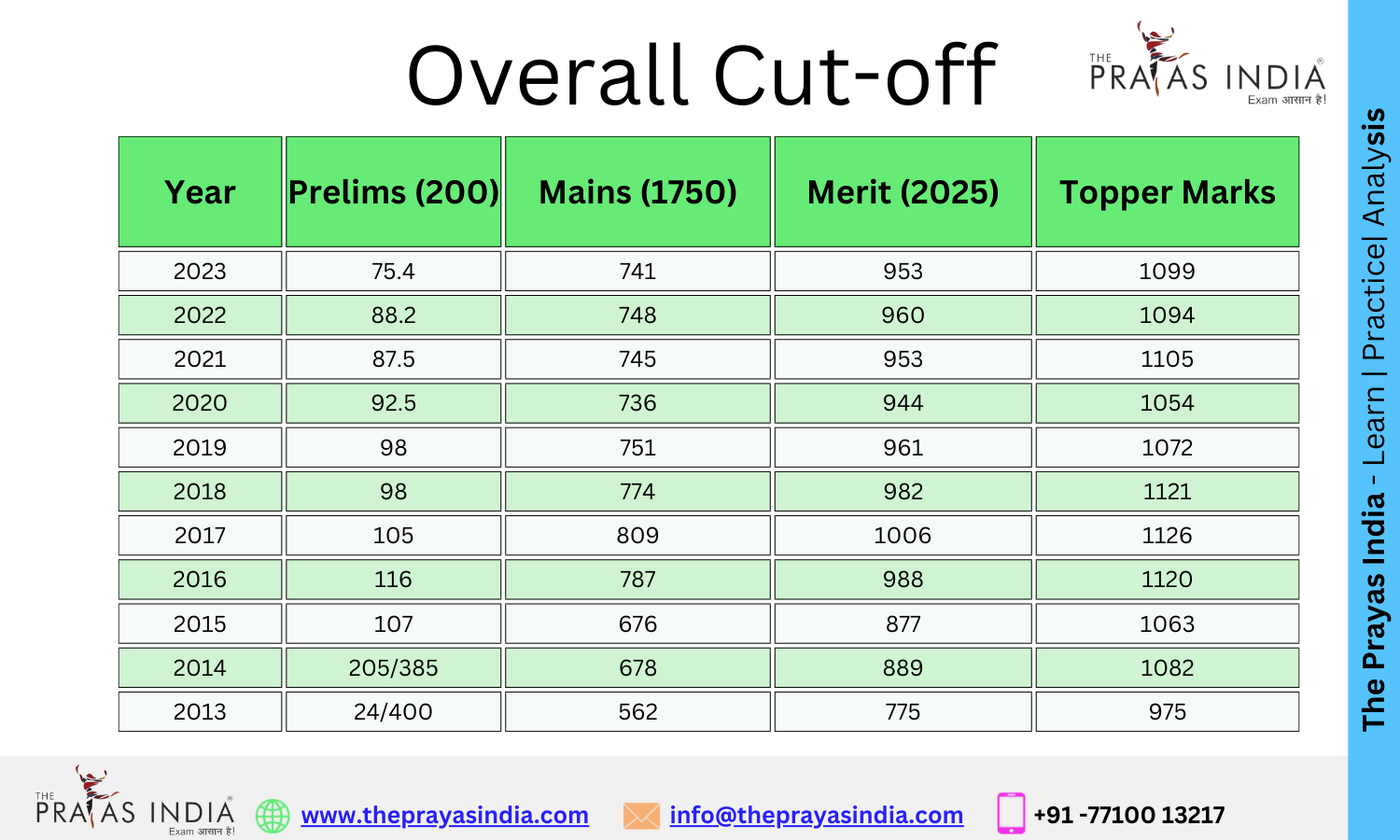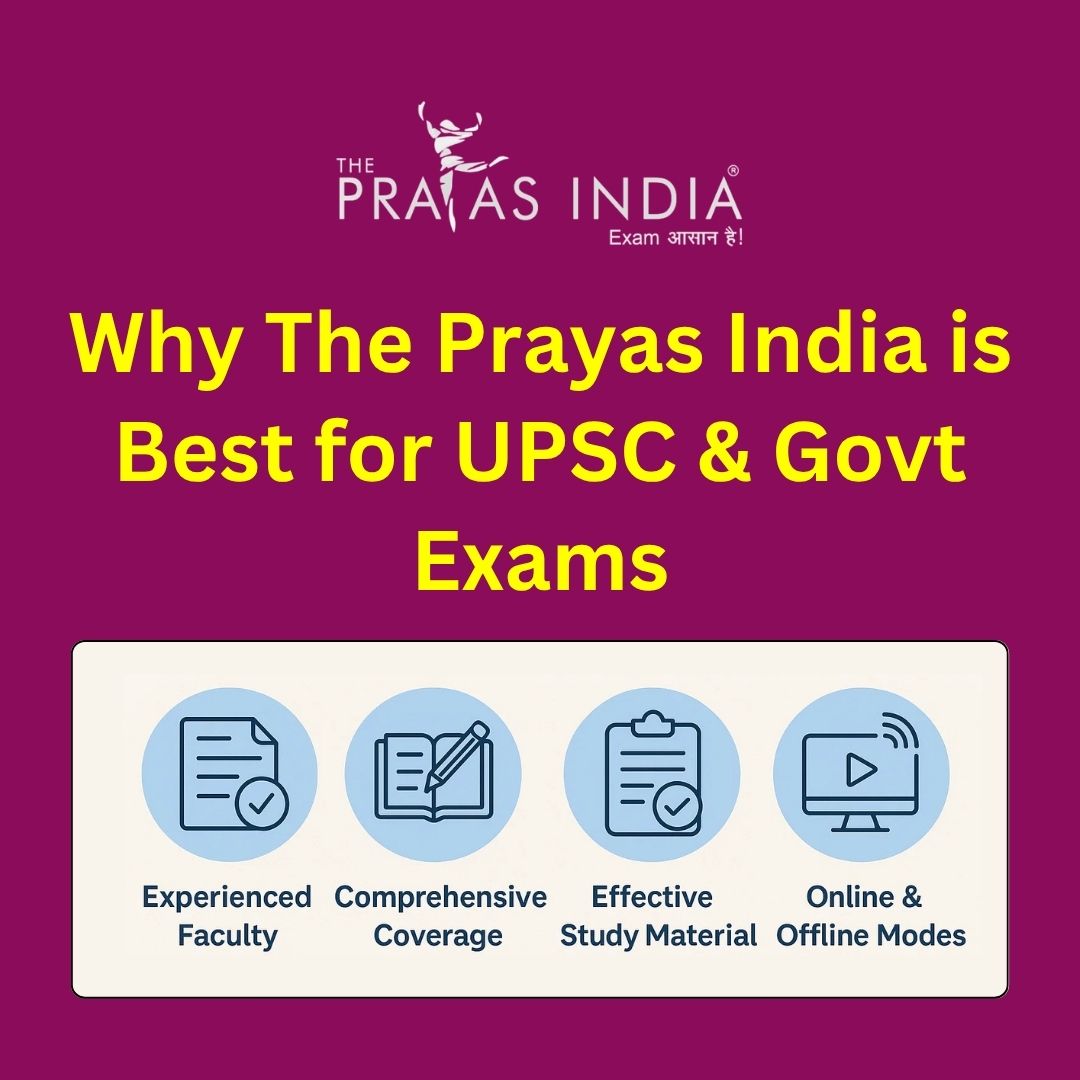High Court
High Courts are the highest courts in a state. Presently, there are 25 High Courts in India, with some states having a common High Court. They are an important part of the judicial system in India.
Powers and Functions of the High Court
The High Court is the highest court in a state in India. Articles 214 to 231 in the Indian Constitution talk about the High Courts, their organisation and powers. The Parliament can also provide for the establishment of one High Court for two or more states.
For instance, Haryana, Punjab and the Union Territory of Chandigarh have a common High Court. The northeastern states also have one common High Court. In addition, Tamil Nadu shares a High Court with Puducherry.
Currently, there are 25 High Courts in India. The High Courts of Calcutta, Madras and Bombay were established by the Indian High Courts Act 1861.
What are the functions of the High Court?
The functions of the High Court are described in the below section under subsections such as its jurisdiction, powers, role, etc.
High Court Jurisdiction
The various kinds of the jurisdiction of the High Court are briefly given below:
Original Jurisdiction
- The High Courts of Calcutta, Bombay and Madras have original jurisdiction in criminal and civil cases arising within these cities.
- An exclusive right enjoyed by these High Courts is that they are entitled to hear civil cases which involve property worth over Rs.20000.
- Regarding Fundamental Rights: They are empowered to issue writs in order to enforce fundamental rights.
- With respect to other cases: All High Courts have original jurisdiction in cases that are related to will, divorce, contempt of court and admiralty.
- Election petitions can be heard by the High Courts.
Appellate Jurisdiction
- In civil cases: an appeal can be made to the High Court against a district court’s decision.
- An appeal can also be made from the subordinate court directly if the dispute involves a value higher than Rs. 5000/- or on a question of fact or law.
- In criminal cases: it extends to cases decided by Sessions and Additional Sessions Judges.
- If the sessions judge has awarded imprisonment for 7 years or more.
- If the sessions judge has awarded capital punishment.
- The jurisdiction of the High Court extends to all cases under the State or federal laws.
- In constitutional cases: if the High Court certifies that a case involves a substantial question of law.
High Court Powers
Apart from the above, the High Courts have several functions and powers which are described below.
As a Court of Record
- High Courts are also Courts of Record (like the Supreme Court).
- The records of the judgements of the High Courts can be used by subordinate courts for deciding cases.
- All High Courts have the power to punish all cases of contempt by any person or institution.
Administrative Powers
- It superintends and controls all the subordinate courts.
- It can ask for details of proceedings from subordinate courts.
- It issues rules regarding the working of the subordinate courts.
- It can transfer any case from one court to another and can also transfer the case to itself and decide the same.
- It can enquire into the records or other connected documents of any subordinate court.
- It can appoint its administration staff and determine their salaries and allowances, and conditions of service.
Power of Judicial Review
High Courts have the power of judicial review. They have the power to declare any law or ordinance unconstitutional if it is found to be against the Indian Constitution.
Power of Certification
A High Court alone can certify the cases fit for appeal before the Supreme Court.
High Court Autonomy
The independence of the High Courts can be corroborated by the points given below:
- Appointment of Judges: The appointment of judges of the High Courts lies within the judiciary itself and is not connected to the legislature or the executive.
- Tenure of the Judges: High Court judges enjoy the security of tenure till the age of retirement, which is 62 years. A High Court cannot be removed except by an address of the President.
- Salaries and allowances: The High Court judges enjoy good salaries, perks and allowances and these cannot be changed to their disadvantage except in case of a financial emergency. The expenses of the High Court are charged on the Consolidated Fund of the State, which is not subject to vote in the state legislature.
- Powers: The Parliament and the state legislature cannot cut the powers and jurisdiction of the High Court as guaranteed by the Constitution.
- Conduct of judges: Unless a motion of impeachment has been moved, the conduct of the High Court judges cannot be discussed in the Parliament.
- Retirement: After retirement, High Court judges cannot hold an office of emolument under the Government of India or that of a state. There is an exception to this clause, however, when, with the consent of the Chief Justice of India, retired judges can be nominated to a temporary office, and in the situation of emergencies.
Difference between Supreme Court and High Court



![Prayas-लक्ष्य [UPSC CSE Target] The Prayas India](https://theprayasindia.com/wp-content/uploads/2021/08/Prayas-लक्ष्य-UPSC-CSE-Target-The-Prayas-India-300x167.png)

![Prayas Pre-भेदश [UPSC CSE Prelims Test Series] The Prayas India](https://theprayasindia.com/wp-content/uploads/2021/08/Prayas-Pre-भेदश-UPSC-CSE-Prelims-Test-Series-The-Prayas-India-300x167.png)










